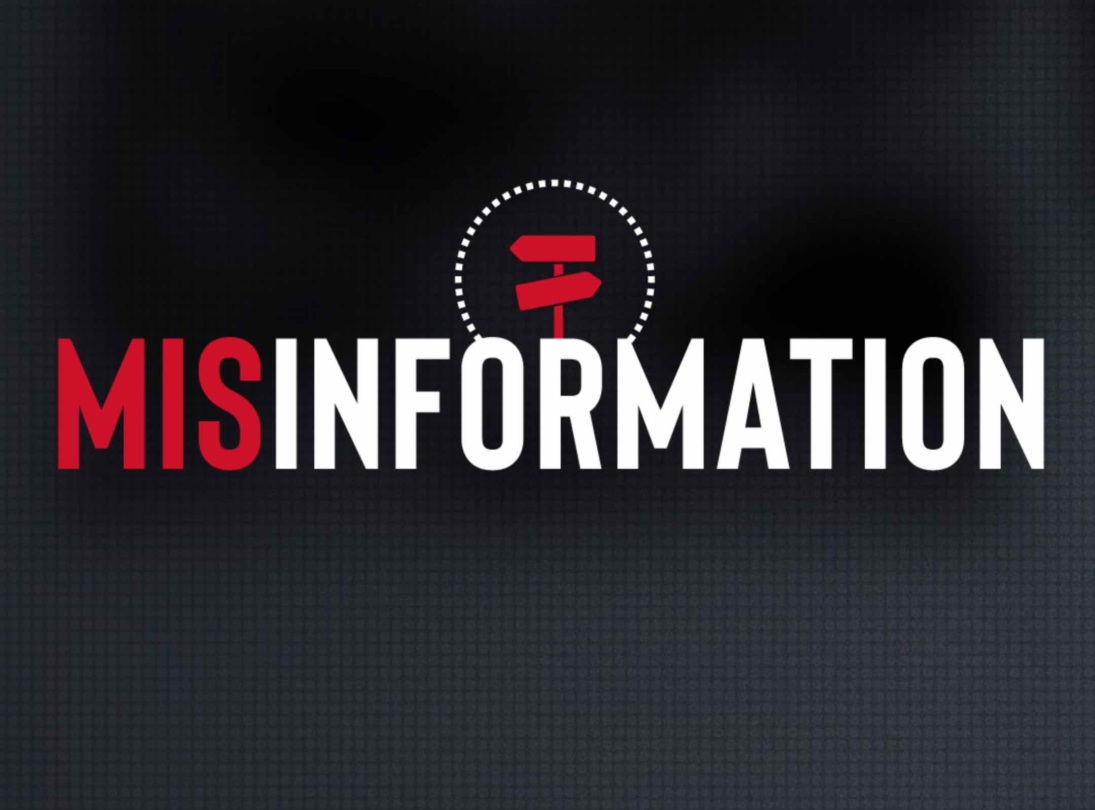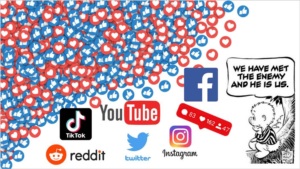
Upon Reflection: How to spot and avoid spreading fake news


Cartoonist Walt Kelly coined the phrase “we have met the enemy and he is us” for an anti-pollution Earth Day poster in 1970 and used it again in an Earth Day cartoon in 1971. In the accompanying illustration, we’ve taken the liberty to apply it to today’s online pollution.
Note: This is the first in a periodic series of personal reflections on journalism, news literacy, education and related topics by NLP’s founder and CEO Alan C. Miller. This initial piece was published in the Chicago Tribune on Sept. 28:
It’s time that we recognize one of the great challenges confronting our democracy: We are at an inflection point where facts may no longer continue to matter.
The notion of “alternative facts” is no longer so far-fetched. Emotions and opinions threaten to supplant evidence, and conspiracy theories and viral rumors can overwhelm reason. This is especially pernicious on social media — today’s no-holds-barred public square.
The corrosive threat of misinformation permeates every aspect of our civic life. It undercuts our ability to protect ourselves and others from COVID-19. It undermines trust in the news media and in our democratic institutions — and, in particular, the right of citizens to cast their ballots.
Indeed, with Election Day on Nov. 3 fast approaching, we’re being deluged with news reports, opinion columns and commentary, social media posts, images, videos and other communications about candidates, campaigns and the act of voting itself. But we don’t need to wait for the ballots to be counted to make one call: Much of what we’re reading, watching and hearing is not intended to inform us, or even persuade us. Instead, it’s created to misinform us, inflame us and divide us.
For the entire piece, please see Commentary: How to spot and avoid spreading fake news.
Read more from this series:
- Dec. 17: Journalism’s real ‘fake news’ problem also reflects its accountability
- Dec. 3: Combating America’s alternative realities before it’s too late
- Nov. 12: “Kind of a miracle,” kind of a mess, and the case for election reform
- Oct. 29: High stakes for calling the election
- Oct. 15: In praise of investigative reporting
